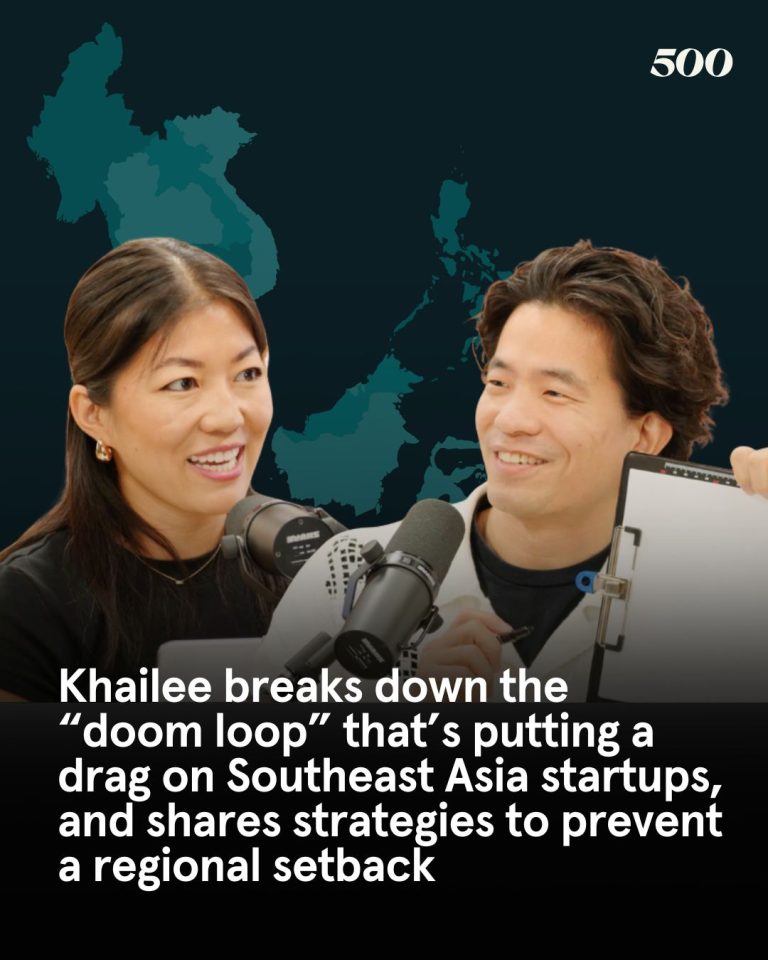A win-win-win solution
- “Dagangan is my way of doing something for the country.” — Ryan Manafe, Co-founder & CEO of the 500-backed social commerce platform.
- With a population of 270 million spread out across 18,000 islands, many in Indonesia live in remote areas. This impedes their access to affordable daily necessities such as rice, sugar, and tea.
- With no supermarkets in rural areas, villages are typically served by micro stores called warungs. The owners have to travel long distances over bumpy roads to the nearest city center to get their supplies, which increases the cost for consumers.
- To solve this, Dagangan built a hub-and-spoke system. “It’s basically a network of micro warehouses, like a spider web. We put micro warehouses inside the villages, so big brands don’t have to build or acquire their own distribution channel for rural areas,” Ryan explained.
- This system makes it efficient for brands to deliver to these hubs because Dagangan can fulfill their minimum order quantity, and the team can help them forecast demand from the villages surrounding the hub.
- What’s more, the team can also help brands map out consumer behavior and trends, empowering them to set up effective marketing campaigns for specific market segments. This empowers not only multinational brands but also small and medium enterprises (SMEs)!
- Will Dagangan bring this model to other countries? Ryan revealed that a local partner with a good sense of timing to know when to start something similar is essential. “Number two is of course an understanding of the local markets and local context,” he added.
- Buy-in from brands is also crucial. He shared, “From a profitability perspective, we need incentives and support from brands.”
- Watch the full podcast episode on Asia Tech.




